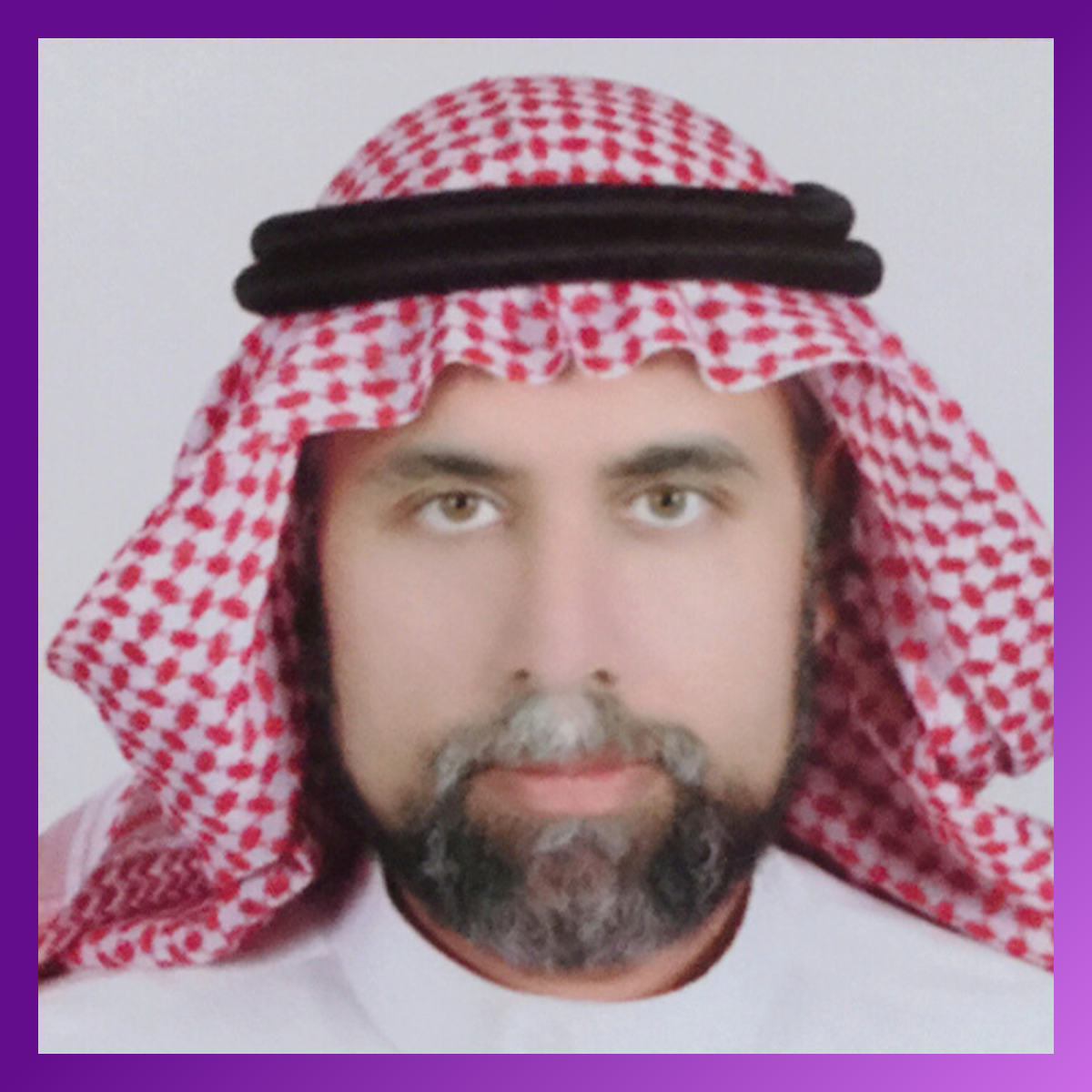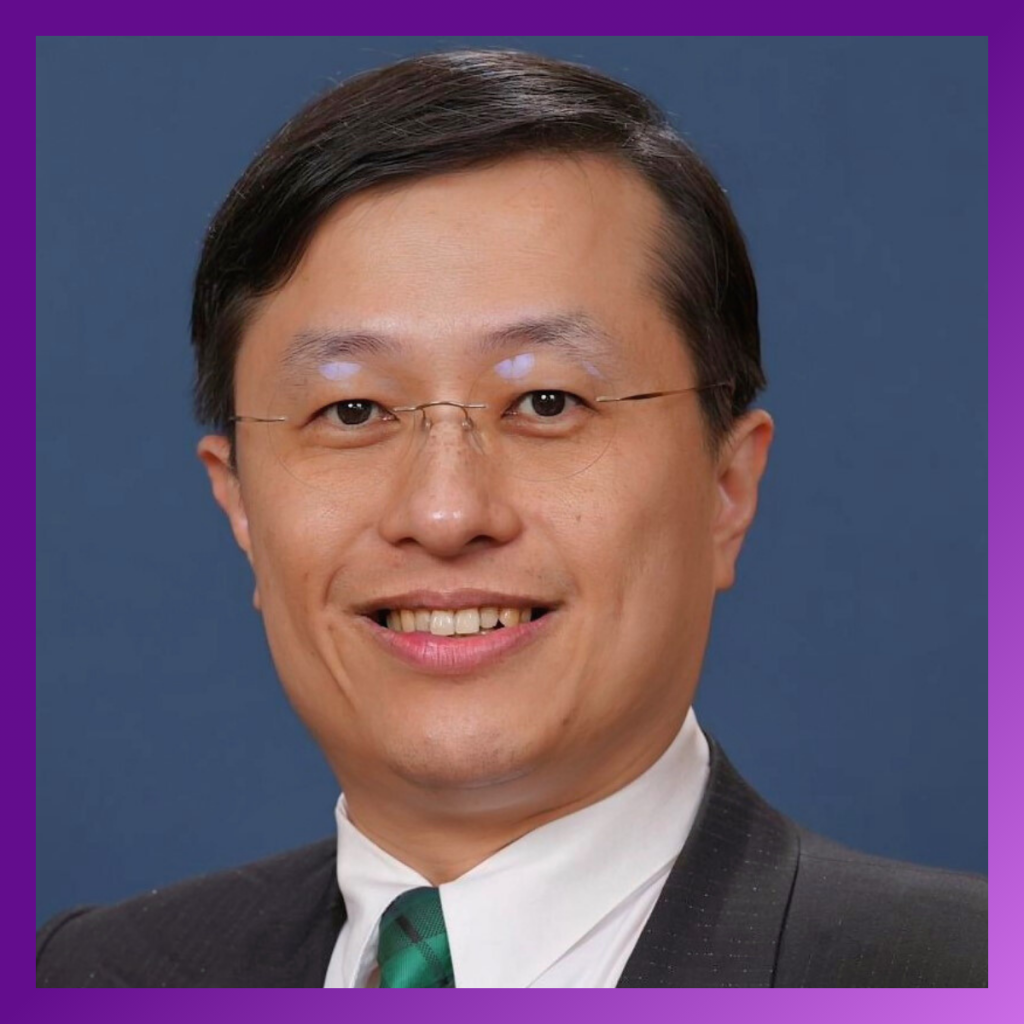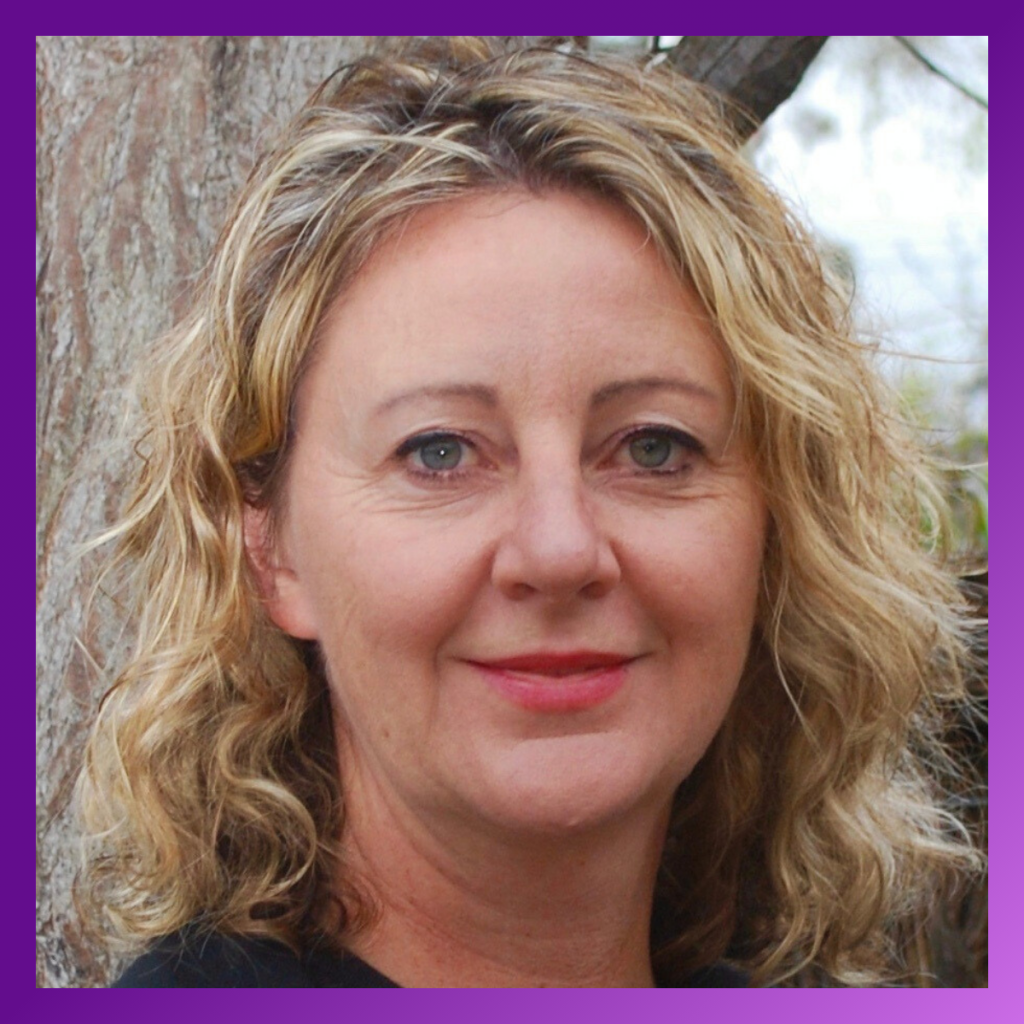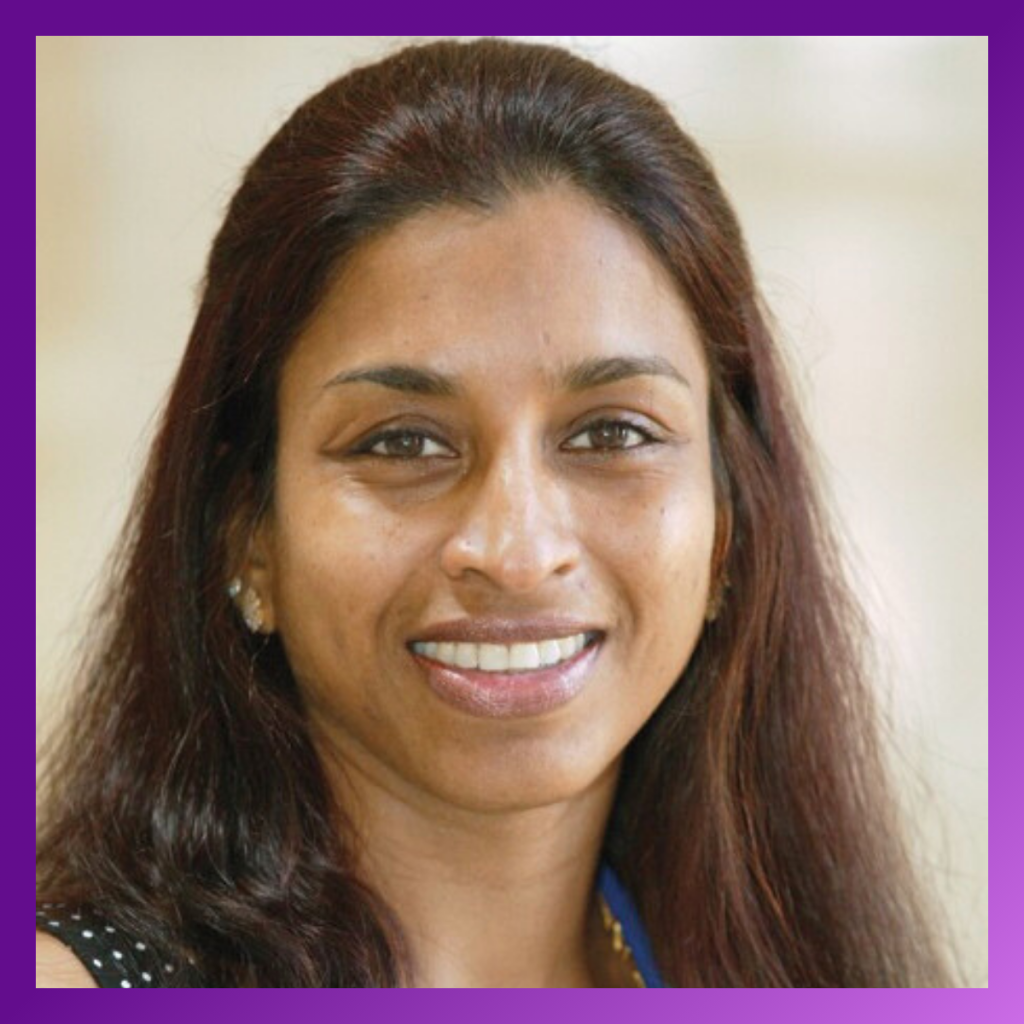2025 Featured Speakers
The 2025 Lysosomal Disease Summit welcomes a distinguished group of featured speakers whose work is advancing lysosomal disease research, diagnosis, and treatment worldwide.
These experts bring deep regional and international experience to this year’s programme and will present emerging science, clinical insights, and innovations shaping the future of lysosomal disease care.

Professor Moeenaldeen AlSayed, MD, FACMG, MBA
King Faisal Specialist Hospital & Research Centre, Riyadh, Saudi Arabia
Session: Current Status of Lysosomal Diseases in Saudi Arabia: Screening, Diagnostics and Treatment
Professor Moeenaldeen AlSayed is a Consultant Clinical Geneticist in Clinical Biochemical Genetics and Metabolic Diseases at King Faisal Specialist Hospital & Research Centre in Riyadh, and a Professor of Genetics at Al-Faisal University. He established and serves as Director of the MSc Genetic Counselling Programme at AlFaisal University.
Previously, Professor AlSayed chaired the Department of Medical Genetics at King Faisal Specialist Hospital and Research Centre for 11 years, during which he established a unique Adult Genetics and Metabolic Diseases service and a fully dedicated genetic counselling service. Today, most practicing genetic counsellors in Saudi Arabia are graduates of the MSc programme he founded in 2014.
His research interests include founder mutations related to metabolic and genetic disorders in the Saudi population, screening and treatment of lysosomal storage diseases (LSDs), and the management of organic acidurias. He has published more than 90 peer-reviewed papers and is a frequent invited speaker at local, regional, and international meetings.
Professor AlSayed is a founding member of the Middle Eastern Metabolic Group (MEMG), the Saudi Paediatric Association – Medical Genetics Subcommittee, the Saudi Charitable Society for Genetic Disorders, the Saudi Society of Medical Genetics, and the Middle Eastern Lysosomal Storage Diseases Expert Council (MELSDEC). He continues to serve on multiple advisory boards related to rare genetic diseases.

Dr. Hsiang-Yu Lin, MD, PhD
MacKay Memorial Hospital & MacKay Medical College, Taipei, Taiwan
Session: NBS Experience in Taiwan: How Are Patients Managed After NBS
Dr. Hsiang-Yu Lin is a Professor in the Department of Medicine at MacKay Medical College, New Taipei City, and Director of the Department of Pediatric Genetics and the Rare Disease Center at MacKay Memorial Hospital in Taipei, Taiwan.
He has received numerous honors for his clinical and laboratory research, including the Professor Chiung-Lin Chen Pediatric Research Scholarship Foundation Pediatric Attending Physician Best Thesis of the Year (2012), the SI-YUAN Internal Medicine Research and Development Foundation Best Thesis of the Year (2015), and the Professor Chen Yuan-Tsong Travel Award for outstanding young scientist at the 12th Asia-Pacific Conference of Human Genetics (2017). In 2018, his team received Taiwan’s Symbol of National Quality – Silver Award for their work on holistic medical care for mucopolysaccharidoses.
Dr. Lin has published more than 125 peer-reviewed scientific papers, with work appearing in Medicinal Research Review, Journal of the American College of Cardiology, Human Mutation, Scientific Reports, Circulation: Cardiovascular Genetics, Orphanet Journal of Rare Diseases, Journal of Inherited Metabolic Disease, Molecular Genetics and Metabolism, Developmental Medicine & Child Neurology, American Journal of Medical Genetics Part A, Diagnostics, and the International Journal of Molecular Sciences.

Professor Maria Fuller, BAppSc, MAppSc, PhD, FFSc(RCPA)
SA Pathology, Adelaide, South Australia
Sessions: Current Status of Lysosomal Disease Research: Lab Aspects of Screening and Diagnosis; UX111 Gene Therapy (rebisufligene etisparvovec) led to Reduced CSF Heparan Sulphate Exposure and Improved Bayley Scores in Children with Mucopolysaccharidosis IIIA (MPS IIIA)
Professor Maria Fuller is a Clinical Scientist in Biochemical Genetics within Genetics and Molecular Pathology at SA Pathology, Adelaide, South Australia, which provides diagnostic laboratory services for inherited metabolic disorders nationwide. Her laboratory is dedicated to improving diagnostic efficiency for lysosomal storage disorders by applying multiplexed biomarker platforms tailored to specific disease types and sub-types. Her research focuses on the cascade of events leading to pathology—particularly in the brain—and on developing new approaches to treatment and diagnosis. Her laboratory has contributed more than 100 articles and book chapters to the scientific and medical literature.
Professor Fuller also holds an academic appointment at the University of Adelaide, where she supervises postgraduate students and hosts undergraduate clinical placements in her laboratory. She was awarded the 2022 AACB Roman Lecture in recognition of her teaching and mentoring.

Dr. Uma Ramaswami, FRCPCH, MD
Royal Free Hospital & University College London, United Kingdom
Sessions: The Changing Landscape of Lysosomal Diseases; Variants of Uncertain Significance (VUS); Clinical Depression and Impact on Patients with Lysosomal Storage Disorders (LSDs): A Service Evaluation from a Specialist Centre Using the Beck’s Depression Inventory (BDI-II)
Dr. Uma Ramaswami is a Consultant in Inherited Metabolic Disorders and Honorary Associate Professor of Genetics and Genomic Medicine at University College London. She is also the Clinical Lead for the Lysosomal Disorders Unit at the Royal Free Hospital, London.
With more than two decades of experience, Dr. Ramaswami has been instrumental in advancing care for children and young adults with inherited metabolic disorders. She has played a central role in clinical trials, patient management, and the development of international guidelines, helping to set new standards in lysosomal disease care.
Her research interests include the natural history and progression of inherited metabolic disorders, with a strong emphasis on translating clinical research into improved patient outcomes.

Professor Jonathan Craig
Flinders University, Adelaide, South Australia
Session: The Process for Expanding the NBS in Australia and the Role of the Medical Services Advisory Committee
Professor Jonathan Craig is Vice President and Executive Dean of the College of Medicine and Public Health at Flinders University in Adelaide, and Chair of the Medical Services Advisory Committee (MSAC), which evaluates and advises on the adoption of new medical services, programs, and technologies in Australia.
Professor Craig, an internationally recognized paediatric nephrologist and clinical epidemiologist, has contributed extensively to kidney disease research and health policy. His leadership at MSAC has been pivotal in guiding government decisions on the safety, efficacy, and cost-effectiveness of new services proposed for public funding, as well as amendments to existing services under the Medical Benefits Scheme.
In addition to his work with MSAC, Professor Craig serves in advisory roles with the National Health and Medical Research Council’s Health Translation Advisory Committee, the Pharmaceutical Benefits Advisory Committee, and the Commonwealth Department of Health’s Life Saving Drugs Program, underscoring his influence across Australian healthcare.